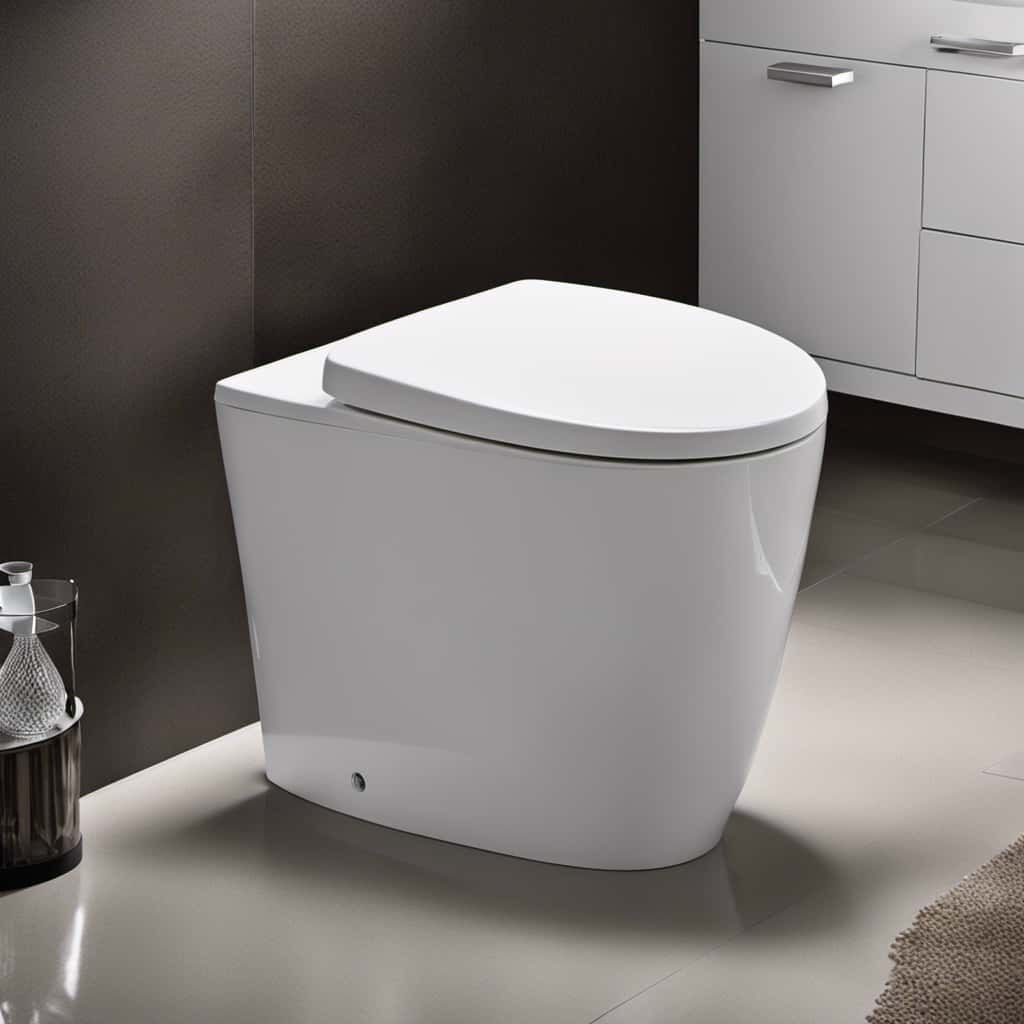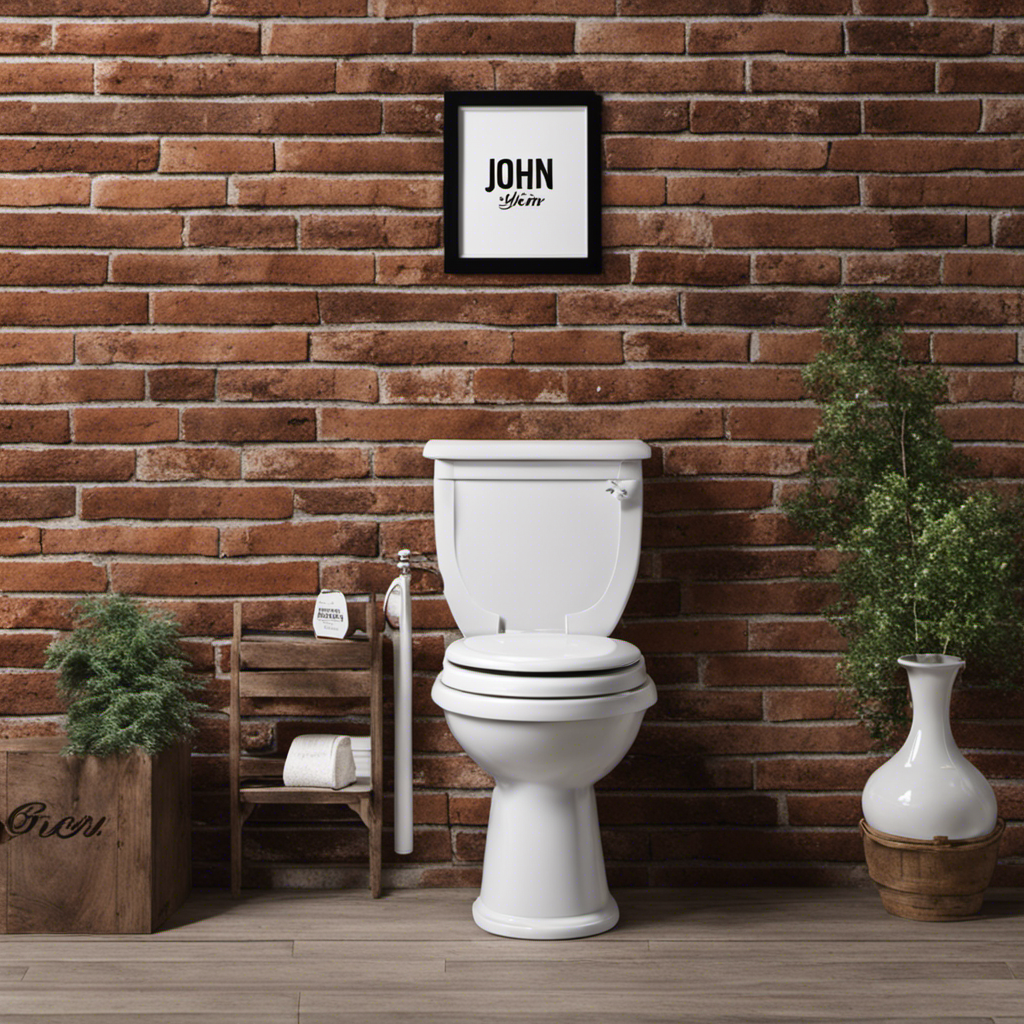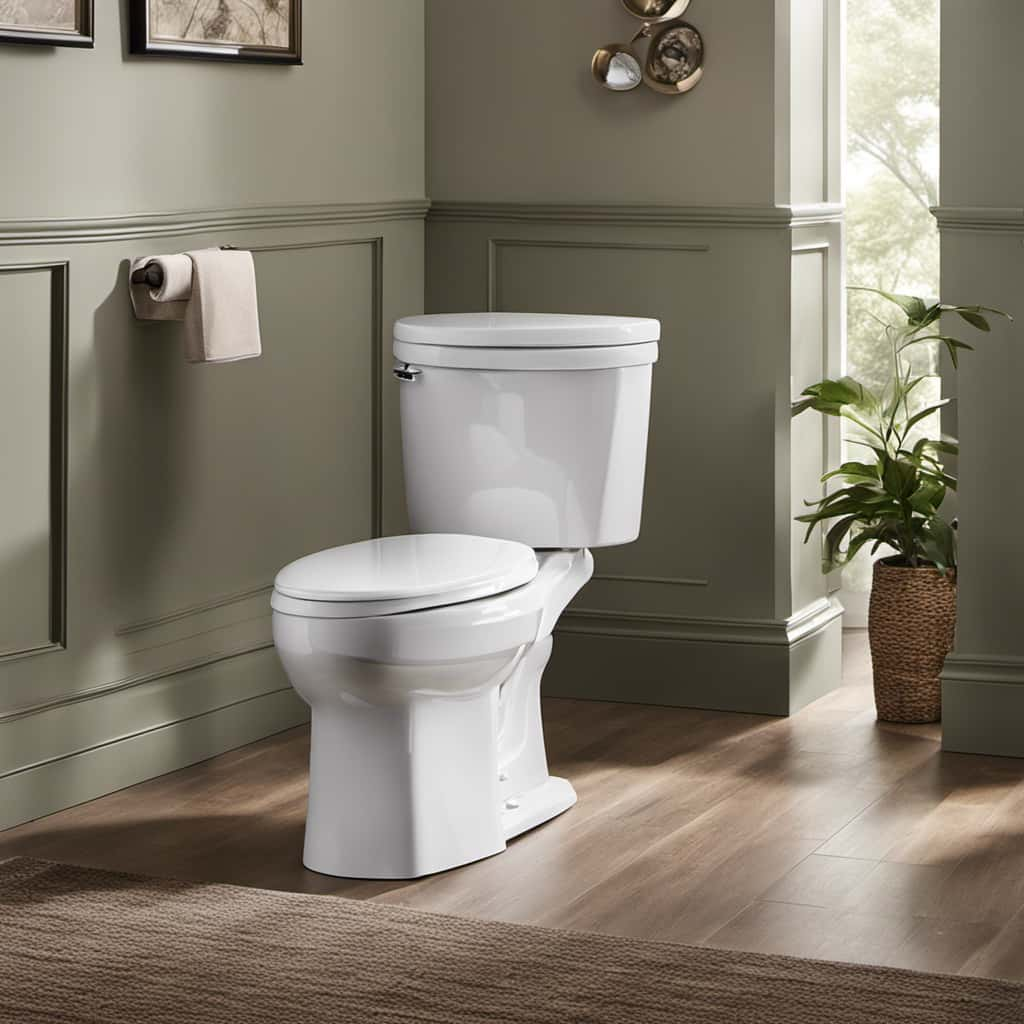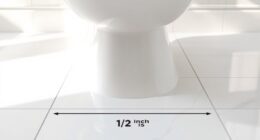Imagine a world where every flushable wipe you tossed down the toilet magically disappeared, never causing any trouble or chaos. Unfortunately, we don’t live in that world. In reality, these seemingly innocent wipes can wreak havoc on our plumbing systems, causing clogs, blockages, and costly repairs.
Join us as we embark on a journey through the intricate world of flushable wipes, exploring the detrimental impact they have on our sewer systems, infrastructure, and the environment.
It’s time to unveil the truth behind the myth of ‘flushable’ wipes.
Key Takeaways
- Flushable wipes do not disintegrate easily like toilet paper and can cause clogs and blockages in plumbing systems.
- Flushing flushable wipes can lead to costly repairs and maintenance for sewer systems, as well as the release of untreated wastewater into the environment.
- Flushing wipes contributes to water pollution and can harm marine life and the overall health of rivers, lakes, and oceans.
- Proper disposal methods and public awareness campaigns are crucial for preventing the presence of wipes in water bodies and protecting water resources and marine ecosystems.
The Myth of "Flushable" Wipes
We debunk the myth that ‘flushable’ wipes are actually safe to flush down the toilet. Marketing deception has led many consumers to believe that these wipes are easily disposable through the toilet, just like regular toilet paper.

However, extensive research and testing have proven otherwise. The term ‘flushable’ is a clever marketing ploy that misleads consumers into thinking that these wipes will disintegrate and not cause any issues in sewage systems.
In reality, the fibers used in these wipes are much stronger and don’t break down as easily as toilet paper. This leads to clogs and blockages in pipes, resulting in costly repairs and environmental damage.
Consumer education is crucial in order to dispel this myth and prevent further damage to our plumbing systems. It’s important for consumers to be aware of the potential risks and to dispose of these wipes in the trash, rather than flushing them down the toilet.
The Journey Through the Plumbing System
As we send flushable wipes down the toilet, they embark on a perilous journey through the complex maze of our plumbing system. These wipes, often marketed as toilet paper alternatives, have gained popularity due to their convenience and perceived effectiveness.
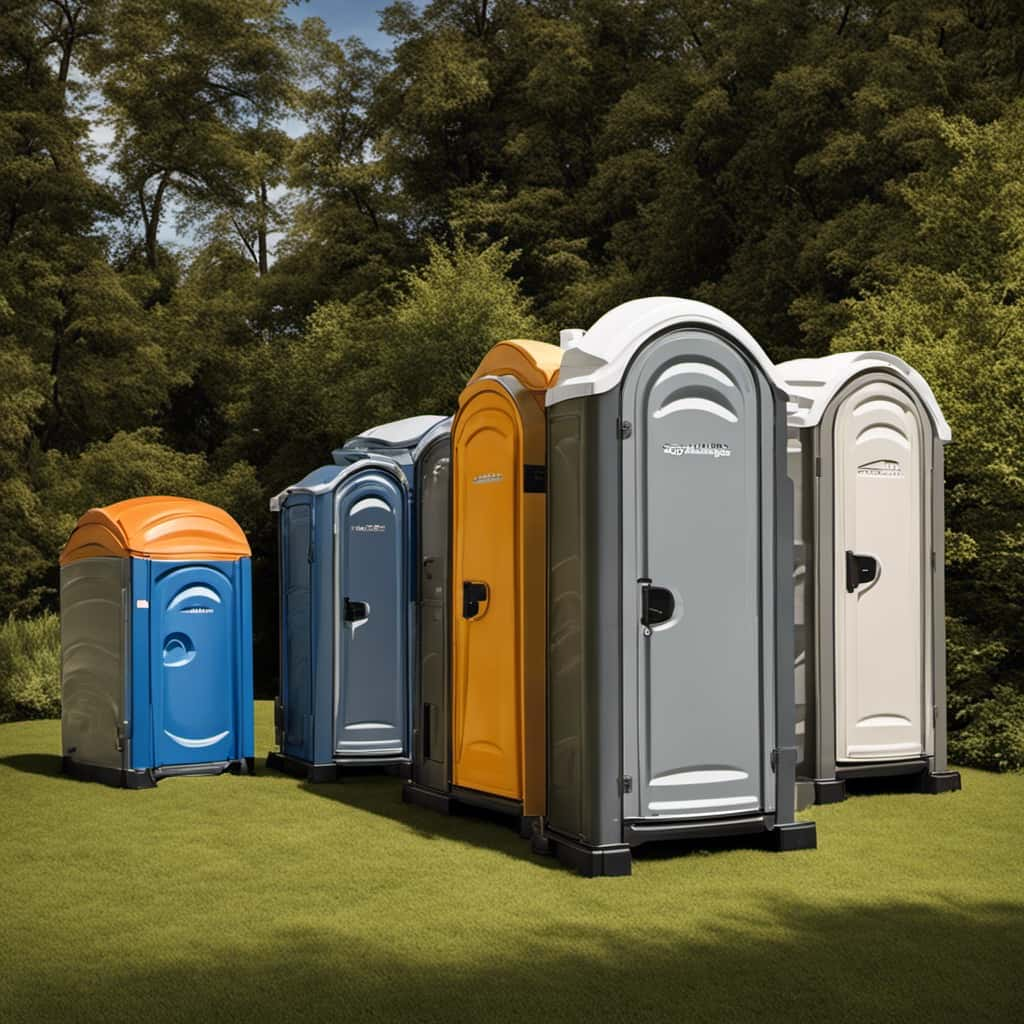
However, their impact on septic systems is a cause for concern. When flushed, these wipes can clog pipes and cause blockages in the sewer system. Unlike toilet paper, which breaks down easily in water, flushable wipes are designed to be durable and resistant to tearing.
This durability allows them to survive the journey through the plumbing system, ultimately reaching wastewater treatment facilities. Here, they can accumulate and contribute to the formation of fatbergs, massive blockages that can cause significant damage and costly repairs.
It’s crucial to understand the potential consequences of using flushable wipes and consider more environmentally-friendly alternatives to protect our plumbing systems.
Clogging and Blockages in Your Pipes
Flushing flushable wipes down the toilet can lead to clogging and blockages in your pipes. The fibers in these wipes are designed to be strong and durable, which makes them less likely to break down in water compared to regular toilet paper. As a result, they can accumulate in your plumbing system and cause obstructions.

Here are four reasons why flushing flushable wipes can cause clogging and blockages:
- They can get caught on rough surfaces in the pipes, creating a barrier that other debris can cling to.
- Flushable wipes don’t dissolve as easily as toilet paper, leading to the buildup of material in your plumbing.
- The accumulation of wipes can restrict the flow of water, leading to slow drainage and potential backups.
- Over time, these blockages can cause pressure to build up, increasing the risk of pipe bursts and costly repairs.
To avoid these potential health risks and costly damages, it’s crucial to dispose of flushable wipes in the trash instead of flushing them down the toilet.
Now, let’s explore the impact of flushable wipes on sewer systems and infrastructure.
The Impact on Sewer Systems and Infrastructure
The accumulation of flushable wipes in sewer systems and infrastructure poses significant challenges and risks. The presence of these wipes can lead to costly repairs and maintenance for sewer systems.
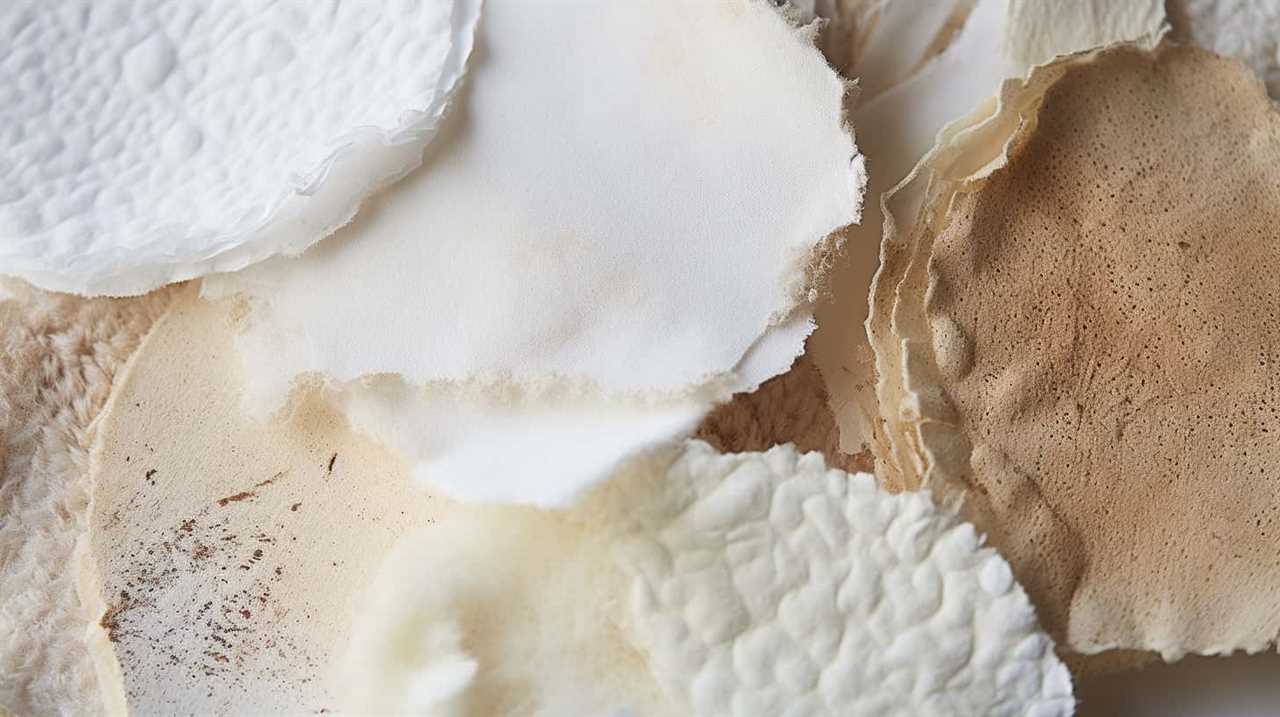
As flushable wipes don’t break down easily like toilet paper, they can cause blockages and clogs in pipes and pumps. This can result in the need for frequent and expensive repairs to clear the blockages and restore the flow of wastewater.
Additionally, the accumulation of flushable wipes can also lead to the release of untreated wastewater into the environment, posing public health risks. The presence of bacteria and other harmful substances in the wastewater can contaminate water sources and increase the spread of diseases.
Therefore, it’s crucial to properly dispose of flushable wipes in the trash to avoid these detrimental effects on sewer systems and infrastructure.
Environmental Consequences of Flushing Wipes
When we flush flushable wipes down the toilet, we contribute to the environmental consequences of this action. The impact of flushing wipes extends beyond our sewer systems and infrastructure, and it affects the overall health of our water bodies and marine ecosystems. Here are four key environmental consequences of flushing wipes:

- Water pollution: Flushing wipes introduces harmful chemicals and microplastics into our water systems, contaminating our rivers, lakes, and oceans.
- Marine ecosystem damage: The presence of wipes in water bodies can harm marine life through ingestion and entanglement, disrupting the delicate balance of ecosystems.
- Habitat destruction: Wipes can clog waterways and damage natural habitats, affecting the survival and reproduction of aquatic organisms.
- Algal blooms and oxygen depletion: The nutrients released from decomposing wipes can lead to excessive algal growth, resulting in oxygen depletion and the death of marine organisms.
It is crucial to understand and address these environmental consequences to protect our water resources and the delicate balance of marine ecosystems.
Frequently Asked Questions
Are All Flushable Wipes Actually Flushable?
All flushable wipes are not actually flushable, which has caused a flushable wipes controversy. The environmental impact of flushable wipes is significant, as they contribute to clogged pipes and sewage system issues.
What Are the Alternatives to Flushing Flushable Wipes Down the Toilet?
Eco friendly options and proper disposal methods are important when it comes to alternatives for flushing flushable wipes down the toilet. We must consider the impact on the environment and find more sustainable solutions.
How Can I Prevent Clogs and Blockages in My Pipes Caused by Flushable Wipes?
To prevent pipe blockages caused by flushable wipes, we must employ proper disposal methods. By taking proactive measures, we can ensure the smooth flow of wastewater without encountering clogs or obstructions in our plumbing system.
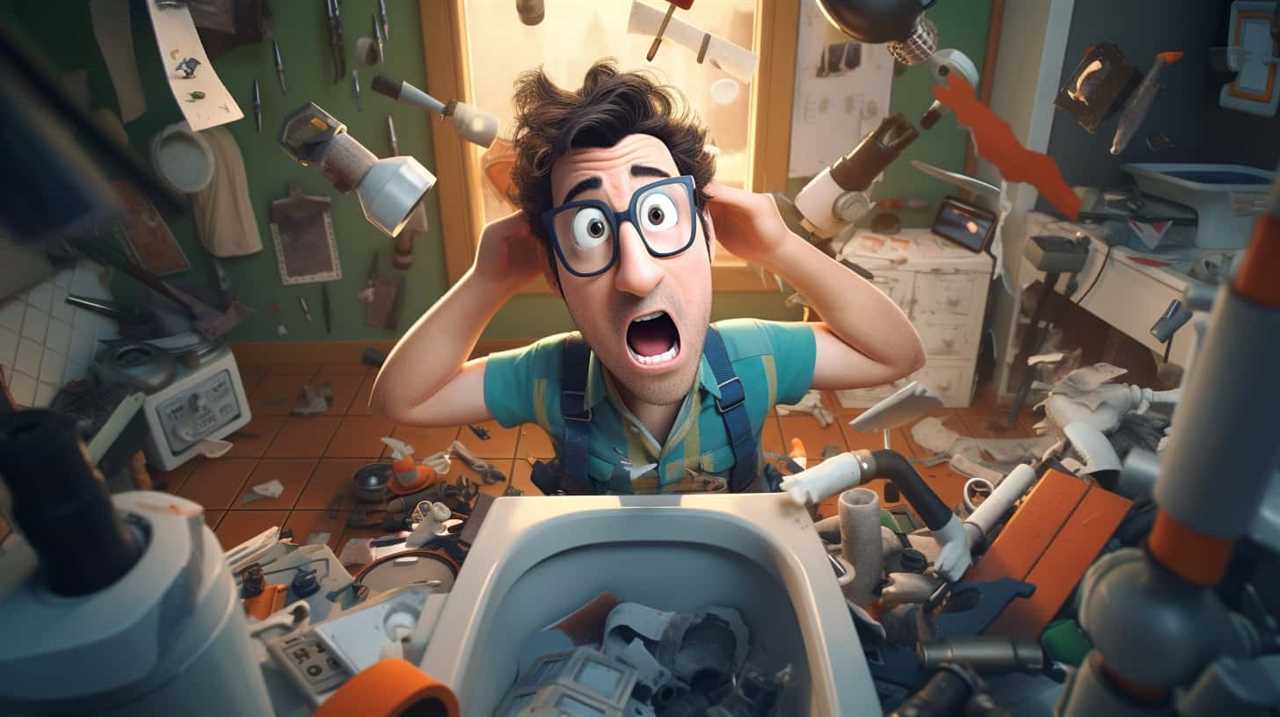
Are Flushable Wipes Harmful to Septic Systems?
Flushable wipes are often not as "flushable" as advertised and can cause harm to septic systems. Proper septic system maintenance is crucial to prevent clogs and blockages, as well as minimizing the environmental impact.
Can Flushing Flushable Wipes Down the Toilet Cause Any Health Risks?
Flushing flushable wipes down the toilet can have potential health risks. Proper disposal methods should be followed to avoid environmental impact. It is important to be aware of the consequences and dispose of them correctly.
Conclusion
In conclusion, flushing flushable wipes down the toilet may seem convenient, but it can have detrimental effects on our plumbing systems, sewer infrastructure, and the environment.
Like a ticking time bomb, these wipes can silently accumulate and cause blockages, leading to costly repairs and potential sewage spills.
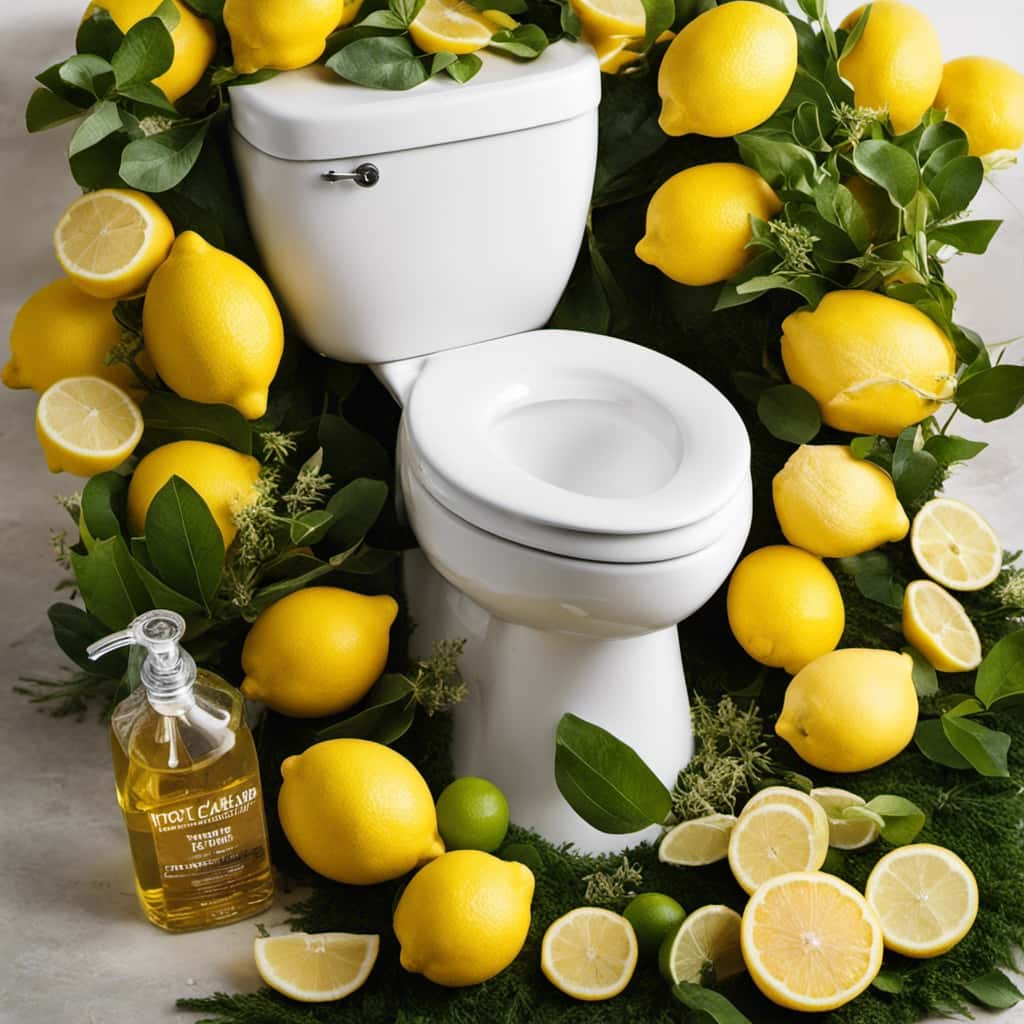
It’s crucial that we recognize the true nature of these so-called ‘flushable’ wipes and dispose of them properly to avoid the hidden dangers lurking beneath the surface.
